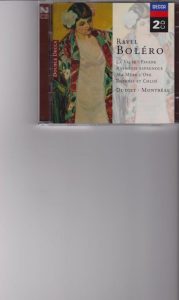They appeared slowly one row at a time on the edge of the horizon. It was going to be another hot summer morning and the mist had faded. They had travelled far in the night–tired, hungry, walking on empty. It was very quiet everywhere and the soldiers were impressed to come upon some roses in a bush by the roadside. There it was they were suddenly reminded of home and all those who meant something to them before they had been conscripted. The long valley spread out before them and, at the end of it, the town. Seeing it, the men recalled all they had endured, their cause, and goal.
In the town, the people were awaking slowly. Some scratched themselves, drank coffee, fed the babies, and crossed themselves as they did each morning, wondering what the day would bring. Very few of them noticed an ant-like body moving steadily down into the desert as the sun began to get warm.
The soldiers, sweating now, had more certainty and occasionally glanced at one another as their walk turned into a march and the rows straightened out with more purpose–their boots kicking up dust along the centuries-old road which rolled downward toward the town.
In the town, there were breakfast smells, the sounds of babies crying, and old people muttering in their cots. All were still oblivious to the army advancing toward their quietude and peace.
Some of the soldiers began to feel a peculiar lightness and gradual exhilaration as they neared their destination, remarkably unimpeded. There were no airplanes or sentries during this last stretch.
It was only then that one of the townsfolk sounded the alarm, ringing the old chapel bell above the central square. This day would be different after all; the town was in for a change.
The glint of sun off the soldiers’ rifles struck fear in the townspeople now staring toward the east. The army had reached the bend of the road into town and their drummers were propelling them forward in readiness for the rout about to come. Engagement and carnage were now most likely; there would be no siege and little resistance. Today there would be glory and honour for the bravest. They would take the town easily and take it back for good.
The townsfolk ran like chickens in the narrow streets, trying to collect tools as they fled for a final stand. But it was too late; the enemy had entered the city in full regalia with their flags and gunfire. A cacophony of screams, explosions, and blood too long and awful to apprehend any further.
I saw a frenzied horse bolt from a man, his hands thrown up above the blaze he perished in. An incredulous mother howled for her dead child. A broken sword lay on the bloody ground. It would be of no use against the soldiers running from one building to another. But most of all, I remember the face of an agonized bull charging crazily through the wasteland that once was a quiet town on the road into a desert valley.
(based on listenings to Ravel’s 1934 masterpiece “Bolero” and viewings of Picasso’s 1937 mural “Guernica”)

